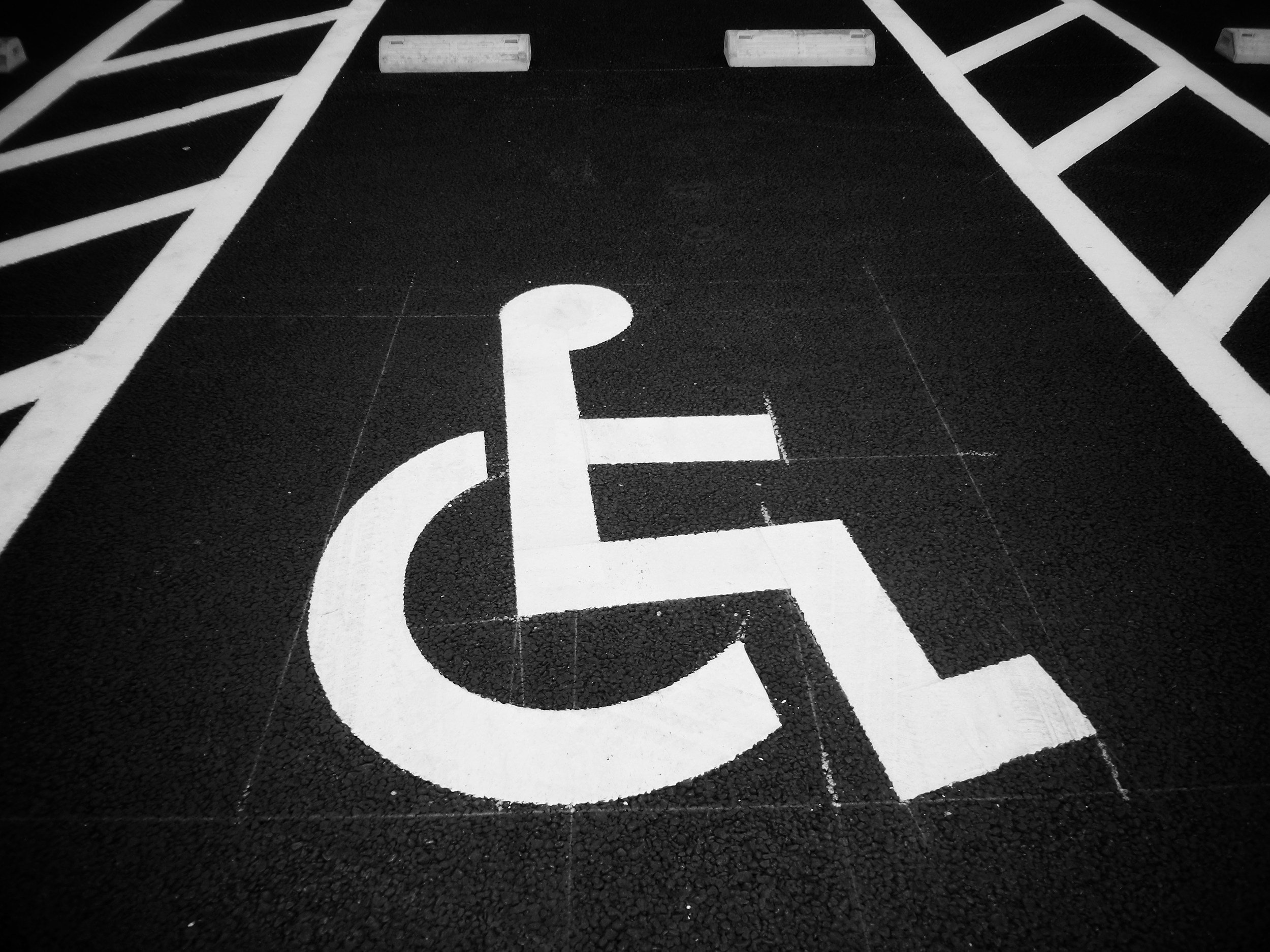
Ableism
What is Ableism?
Ableism: is discrimination and social prejudice against people with disabilities and/or people who are perceived to be disabled. Ableism characterizes people who are defined by their disabilities as inferior to the non-disabled
Exploring disability justice framework, Patty Berne and Stacey Milbern discuss the need for a politicized understanding of ableism within a context of racism, classism, colonialism, and heteropatriarchy.
Ableism is The Bane of My Motherfuckin' Existence
According to Ashley Eisenmenger, a disability inclusion training specialist at Access Living, here is a good list of ableist activities:
“Big” or More Obvious Examples of Ableism:
Lack of compliance with disability rights laws like the ADA
Segregating students with disabilities into separate schools
The use of restraint of seclusion as a means of controlling students with disabilities
Segregating adults and children with disabilities in institutions
Failing to incorporate accessibility into building design plans
Buildings without braille on signs, elevator buttons, etc.
Building inaccessible websites
The assumption that people with disabilities want or need to be ‘fixed’
Using disability as a punchline, or mocking people with disabilities
Refusing to provide reasonable accommodations
The eugenics movement of the early 1900s
The mass murder of disabled people in Nazi Germany
Less Obvious Examples of Ableism that Often Get Overlooked
Choosing an inaccessible venue for a meeting or event, therefore excluding some participants
An inaccessible doctor’s office
Using someone else’s mobility device as a hand or foot rest
Framing disability as either tragic or inspirational in news stories, movies, and other popular forms of media
Casting a non-disabled actor to play a disabled character in a play, movie, TV show, or commercial
Making a movie that doesn’t have audio description or closed captioning
Using the accessible bathroom stall when you are able to use the non-accessible stall without pain or risk of injury
Wearing scented products in a scent-free environment
Talking to a person with a disability like they are a child, talking about them instead of directly to them, or speaking for them
Asking invasive questions about the medical history or personal life of someone with a disability
Assuming people have to have a visible disability to actually be disabled
Questioning if someone is ‘actually’ disabled, or ‘how much’ they are disabled
Asking, “How did you become disabled?”
Stella Young is a comedian, disability advocate and Editor of ABC's Ramp Up website, the online space for news, discussion and opinion about disability in Australia.
Inspiration Porn and the Objectification of Disability
It's pervasive, oppressive, and often overlooked. Here are 5 harmful things about discrimination and prejudice against people with disabilities, also known as ableism.
5 Harmful Things About Ableism
We talk to people living with disabilities about the proper ways to treat someone with disabilities.
How to Treat a Person with Disabilities, According to People with Disabilities
Internalized Ableism
Internalized ableism occurs when we are so heavily influenced by the stereotypes, misconceptions, and discrimination against people with disabilities that we start to believe that our disabilities really do make us inferior (Presutti, 2021)
Greta Harrison, a writer for The Mighty, named these common internalized ableism experiences in her 2020 article 12 Ways Disabled People Experience Internalized Ableism:
Feeling like you don’t “fit in” to the disability community.
Feeling undesirable.
Feeling like a burden.
Feeling like you’re “imagining” an illness, even though you know you’re not.
Feeling “less than.”
Internalizing the inappropriate things people constantly say.
Comparing yourself to other people.
Internalizing other people’s reactions.
Taking cruel advice to heart.
Feeling like you don’t “deserve” accommodations.
Having low expectations of yourself.
Feeling like you have to “prove” you’re disabled.
What are the steps to beginning to end internalized ableism? Listen to Jo in the video above and hear about her journey and steps for tackling ableism!
‘Am I disabled?’: Confronting your internalised ableism | Jo Copson | TEDxYouth@BrayfordPool
Links About Internalized Ableism:
7. How can I be good ally to the disability community
Becoming and Ally
The one-and-only @Spencer2TheWest tells us the ways to be a better ally to people living with disabilities.
Ableism is so ingrained in our culture that it’s hard for someone with a mobility aid to even plan a day out. We need all the allies we can get, we would love for you to become a supporter and activist for the Spoonie and the disabled community! Below is a library of videos compiled with different perspectives on ableism, disability, and how to become a disability ally.
What You SHOULD Say To A Disabled Person [CC]
How to be a disability ally | Your Morning

